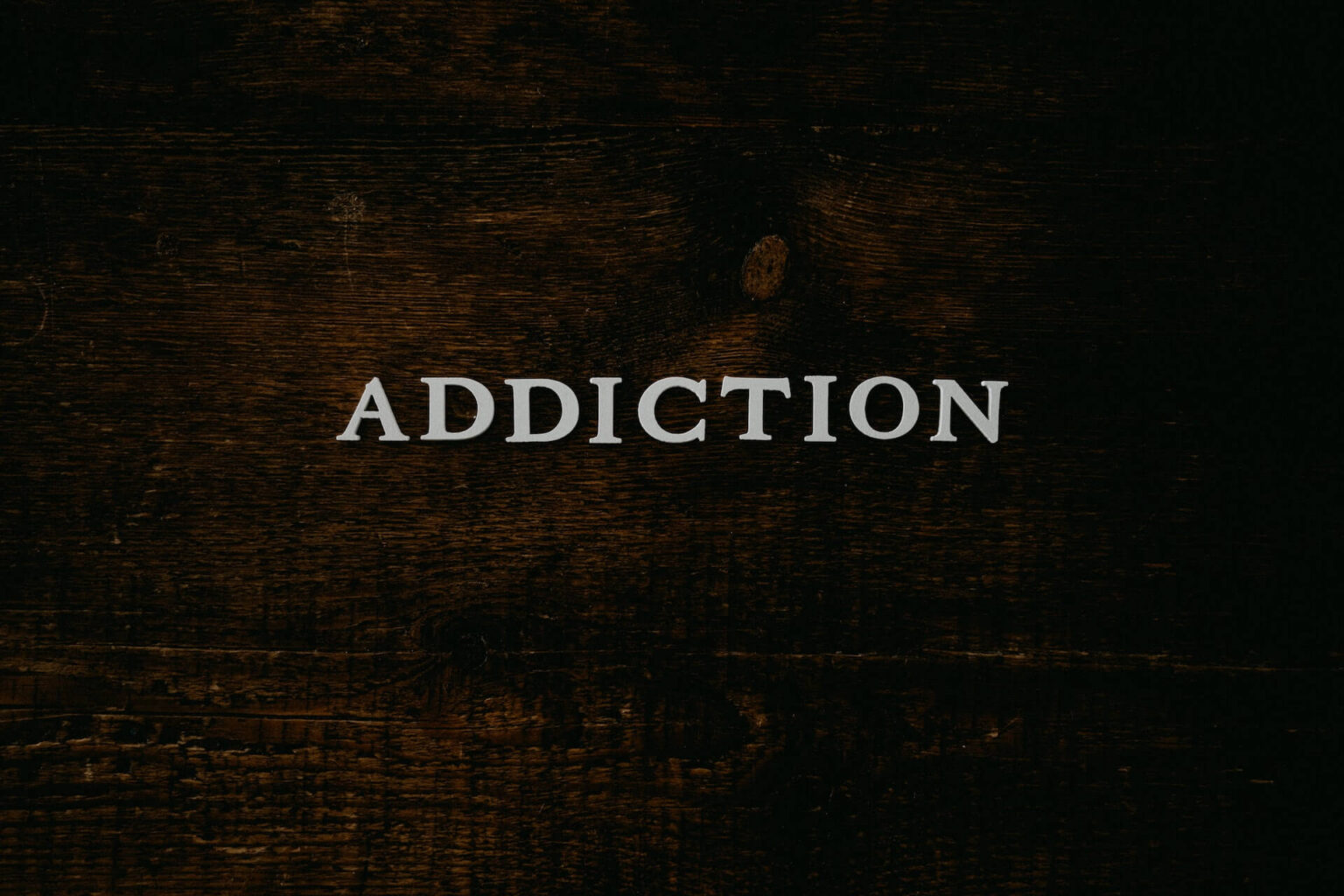Addiction is a serious challenge that can seem insurmountable. It can take over your life, making it difficult to make decisions and find motivation. But there is hope—with the right plan and some hard work, you can overcome addiction and gain control of your life back again.
This guide will provide you with an actionable step-by-step process for overcoming addiction and getting your life under control. We’ll cover topics like how to identify triggers, devise a recovery plan, build strong support systems, manage cravings, and more. By following this guide closely, you’ll be well on your way to living a healthier lifestyle free from the grip of addiction.
Identifying Triggers
Understanding your triggers is a great way to start taking control of addiction. Whether it’s people, places, emotions, or circumstances, it’s important to make a list of the potential triggers that could push you toward relapse.
It’s not easy to recognize them in stressful moments, but being mindful of what may cause you to go backward can help you strengthen your resolve to get your life back on track. With time and effort, avoidance of the triggers can have positive long-term effects and lead to even greater successes in recovery.
Devising a Recovery Plan
Crafting a plan that works for you is key when it comes to beating addiction and getting your life back on track. Set reasonable objectives and break them up into realistic parts – this will make it easier for you to stay on track for the long haul.
Make sure you write down each step of your recovery process, so you can always refer back to your progress easily. Have support from close friends and family who know what you’re going through and who believe in you – they’ll be integral in helping you stay focused and motivated each day!
Building Strong Support Systems
Building strong support systems is a crucial step when overcoming addiction, as they help to make the recovery process smoother.
Don’t be afraid to reach out and share your struggles with those closest to you – having people who you can rely on for moral support during trying times makes the journey that much easier.
Additionally, find something you enjoy to help keep your mind and body busy – this could be anything from taking up new hobbies or joining local support groups to exercising regularly.
Having healthy activities at the ready will divert your attention during cravings and provide a breath of fresh air in times of distress.
Managing Cravings
No one’s recovery journey is exactly the same, but there are certain strategies that are known to work when it comes to battling addiction. One such strategy is learning how to cope with cravings in a healthy manner.
Mindfulness and meditation can provide much-needed relief in the heat of craving and give you something else to focus on besides substance use. Additionally, talking to a friend or distracting yourself with something else are both great ways of taking your mind off using again. Lastly, getting your feelings out on paper by writing them down in a journal also provides an outlet for emotions that may otherwise lead to relapsing.

By arming yourself with these strategies and more, you can get your life back under control and make progress down the road to recovery.
Getting Professional Help
Trying to overcome addiction on your own is a difficult journey, and more often than not ends with relapse. That’s why the first step in getting your life under control is to seek professional help. Places like Clinic Les Alpes recommend talking to a certified doctor or therapist who can provide the necessary guidance and treatment needed to manage addiction. It may take some time to find
the right fit, but finding knowledgeable professionals who are competent in treating addiction will be instrumental in achieving long-term sobriety and regaining control of your life.
Don’t go it alone – reach out for help now!
Practicing Self Care
Overcoming addiction and getting your life back on track can seem overwhelming, but there are steps you can take that will bring greater clarity and structure to the process. As an important step, it’s important to practice self-care.
- Are you getting enough rest and exercise?
- Are you taking care of your mental health?
- Is the way you’re speaking to yourself kind and encouraging?
Secondly, find out if 12-step or support group programs in your area might be beneficial. These programs have been proven to effectively help people regain control of their lives through sharing experiences, providing accountability and understanding, as well as learning coping strategies.
Finally, depending on the severity of your situation, consider consulting with an addiction counselor who can provide professional advice tailored to your needs. Taking each step at your own pace will put you on the path to reclaiming the ability to make decisions without addiction influencing them.
Staying Committed & Promoting Long Term Sobriety
Overcoming addiction is never easy, and it takes a lot of hard work to get your life back in control. However, with the right tools and mindset, you can make this process a little easier.
Another step is to cultivate an atmosphere of accountability around you, surrounding yourself with people who will hold you accountable towards sobriety.
Next, identify any unhealthy coping mechanisms and/or triggers that contribute to addiction, and develop more constructive outlets for stress – for example, instead of drinking alone, leave the house and go on a walk or take on a new hobby such as painting or playing guitar.
Finally, staying committed towards sobriety is essential in order to maintain long-term results from the hard work invested into getting clean initially. Celebrating small victories throughout recovery along with rewarding yourself, are good techniques to keep motivation levels high!
Do You Want to Overcome Addiction?
Addiction is an incredibly difficult and complex condition to overcome, but with the right support system in place and professional help, it can be done. By taking steps such as practicing self-care, finding accountability partners, developing healthier coping strategies for cravings, and continuing on your journey of recovery one day at a time, you will have greater clarity in regaining control of your life.
Don’t give up – no matter how hard things may seem now or how far down the road to recovery you feel like you are – focus on small victories each step of the way until you finally reach sobriety!








